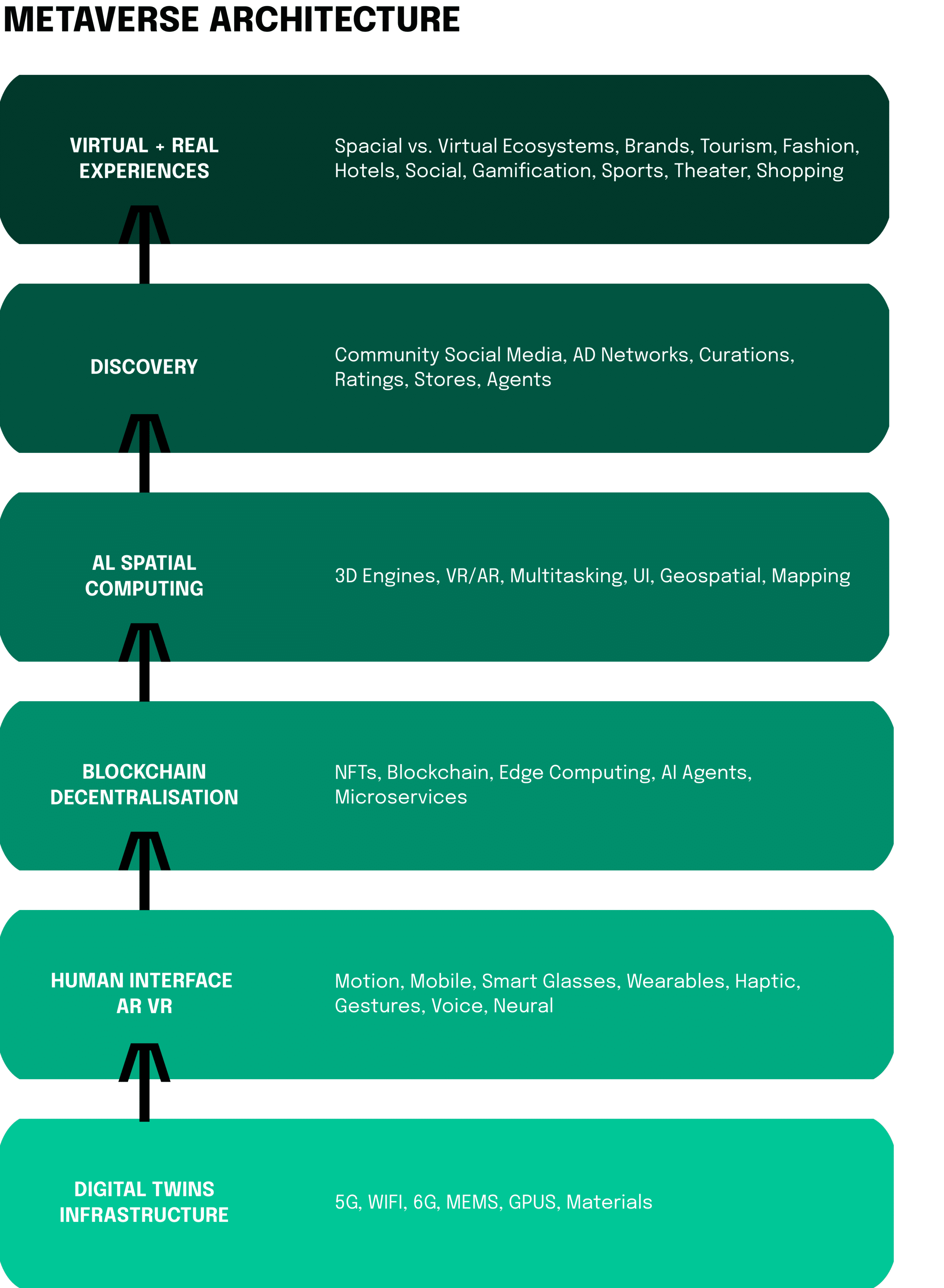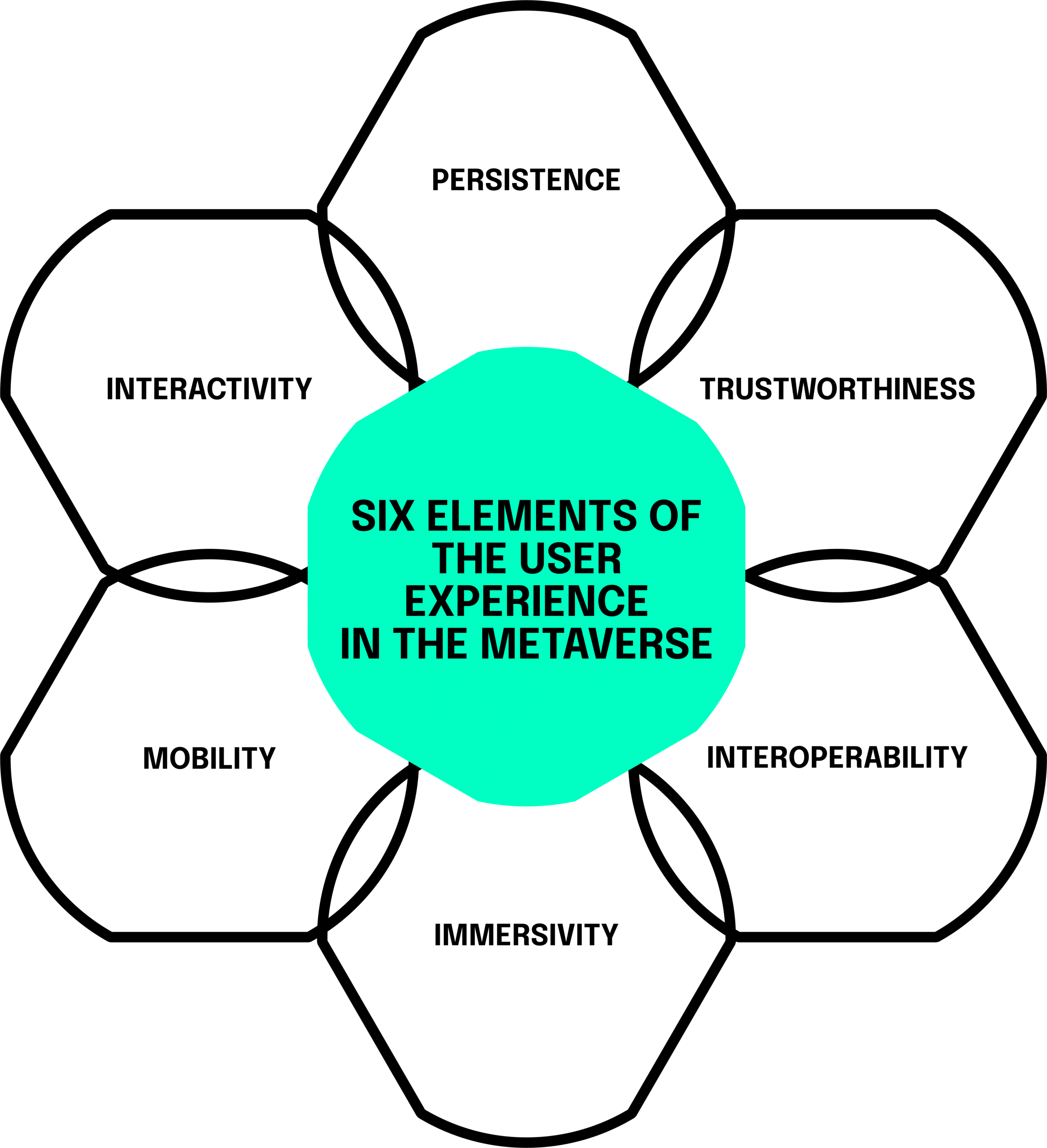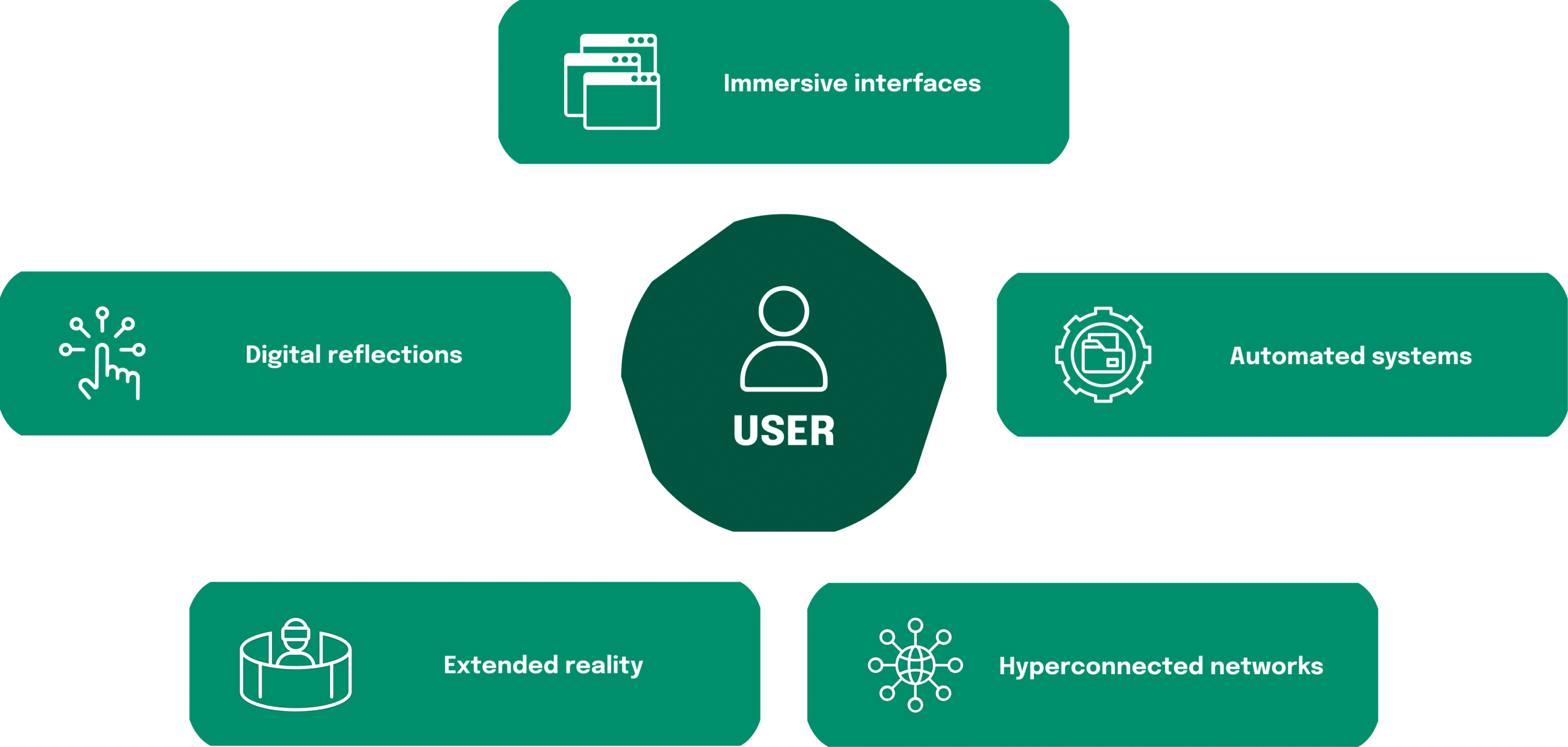The metaverse presents new marketing opportunities for businesses. As a hot topic, the metaverse attracts attention from both consumers and businesses, providing a unique opportunity for companies to showcase their innovative and modern approaches by creating solutions in this niche.
The metaverse, together with VR, offers an evolution in remote work, providing a virtual space where people can meet, work, brainstorm ideas, and carry out most professional activities. VR in the metaverse creates a more natural way of interacting compared to just sitting in front of a screen communicating through video calls. This establishes an opportunity for businesses to create digital assets in a more natural and visual way without being constrained by limitations of video calls.
One of the most significant advantages of the metaverse is the potential for cost reduction. With metaverse simulation capabilities, many business costs such as rent, staff, building, and equipment maintenance can be eliminated or reduced.
Another considerable benefit of the metaverse is the intense visualization improvements it offers. VR used in metaverse solutions enables users to experience things up close and with an unprecedented level of immersion and realism. This feature is a game-changer for brainstorming, presentations, and learning programs. Ultimately offering new ways of testing products, or creating new chances for learning and development of skills.
Near-term actions
What are the near-term actions you can take to get ready for the metaverse? What do you need to consider? And how can you take the first steps towards moving your company into the metaverse?
Get up to speed
Most companies and individuals lack the technical skills, but also the knowledge about the metaverse ecosystem, including blockchain, smart contracts, VR & AR, and AI. The first steps to take to move your company forward to the future of the metaverse is education. Assign at least some part of your company to understand key concepts such as cryptocurrencies, current virtual worlds, and decentralized autonomous organizations and their relevance to your company, and to follow the metaverse as it evolves.
Develop a strategy
The first questions you may ask yourself to create a strategy are quite basic at first: Why should the company enter the metaverse? What do you actually want to do in the metaverse? Are there existing use cases highlighting the feasibility of your idea? Your main task will be to identify gaps to close and long-term opportunities. As the first metaverse hype is over, now it is about creating real customer value. It is critical to develop and understand technical measures such as making services extensible, developing plans for security and identity, and publishing application programming interfaces (APIs) to core systems, so others can connect to your future metaverse.
If your team does not have a lot of technical knowledge about the important core technical concepts, you will likely benefit from recruiting employees with a gaming background.
Test the waters
As we have already highlighted, testing in the metaverse is easier compared to the way to the metaverse. Lower-risk use cases of testing include selling digital versions of physical goods, offering virtual tours of virtual products or facilities, and launching NFTs to enhance brand awareness and connections to customers. As getting to the metaverse is still the most complex step on the way, neosfer offers a new service for companies and start-ups wanting to be active in the metaverse. With our help, your company can enter the metaverse in an uncomplicated, fast and cost-effective way.






